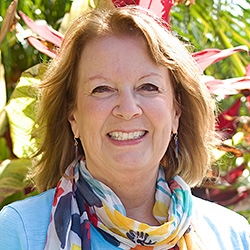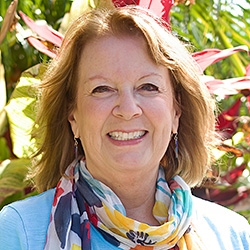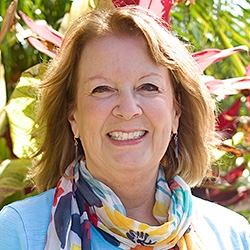

NVC Resources on Responsibility
-
Trainer Tip: Ready to start a fight because you're right? Consider another strategy.
-
Blend science, emotional intelligence across species, and NVC to foster belonging and wholeness.
-
Listen to Robert describe the five core principles of Living Compassion and the relationship of needs to spirituality. Great material for reflection and reference!
-
Enjoy listening to Miki make the distinction between leadership as a position and leadership as an orientation to life. The theme: when is it time to actively step into your vision?! Check it out.
-
Trainer Tip: It's up to us to get our own needs met. Mary offers some encouraging tips to do just that!
-
Trainer Tip: Mourning enables us to heal the pain and gain clarity about how to meet our needs in the present moment.
-
Miki will take you step-by-step through four vital systems that support radical collaboration and foster meaning. You’ll learn how to design a decision making process, create clear statements of intent, and create a process for resolving conflict.
-
Want things to change in your community, but feel frustrated or don’t know what to do? Miki’s intriguing overview of how to apply the principles of NVC to social change movements may have the exact blend of inspiration and ideas you’re seeking!
-
During this very moving session, you'll dive into Robert's exercises for supporting connection to your true self as opposed to your conditioned self.
-
Listen as Miki works with participants. Topics: how small requests serve interdependence; NVC process vs purpose; how to respond when empathy is used to create distance; coping with verbal aggression, and more!

Quick Links
Subscription Preferences
Stay In Touch!
Looking for ways to keep up with NVC Academy news, get special offers, free resources, or words of inspiration? Here are five ways to stay engaged:








